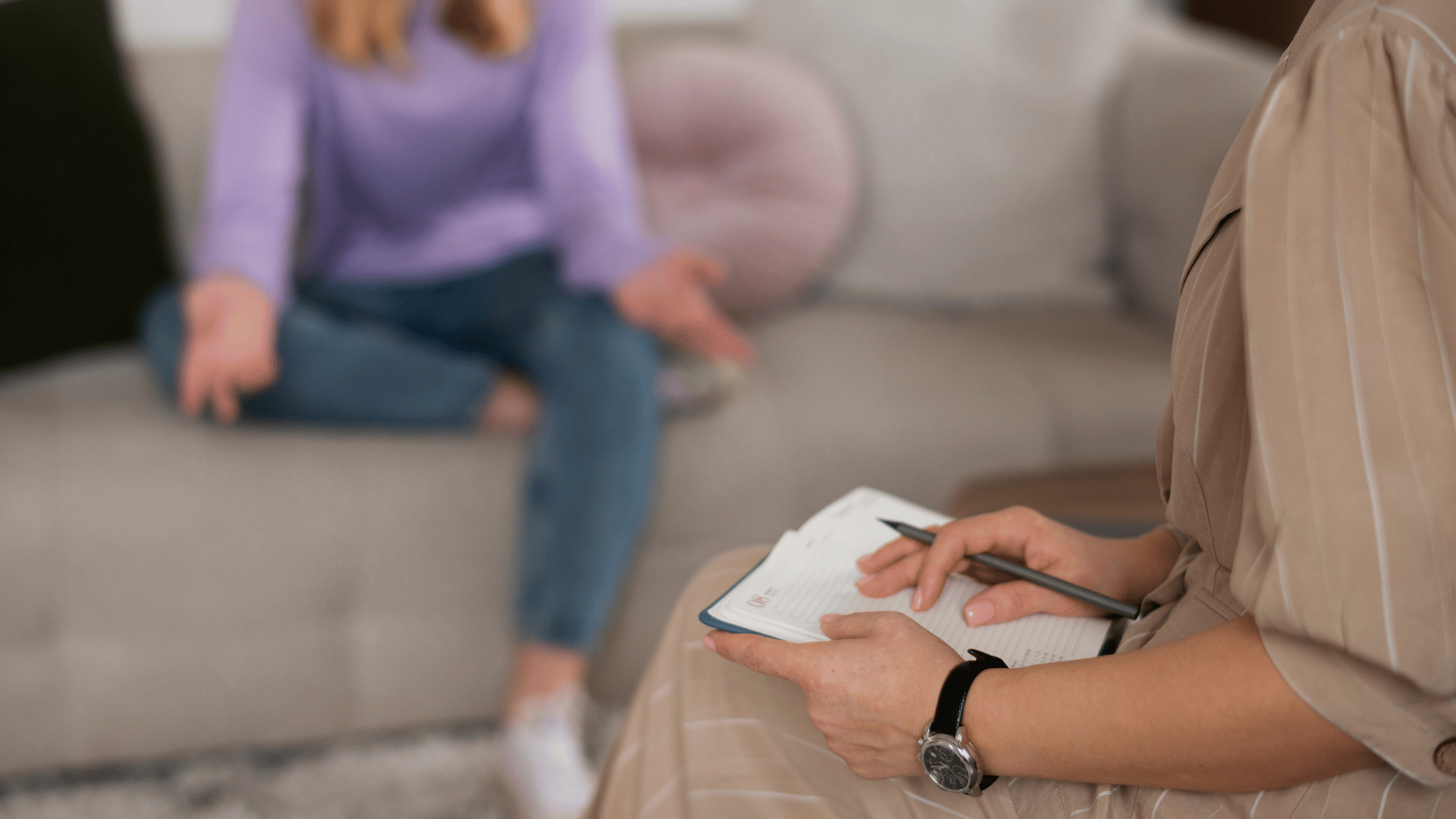Medical treatment is often necessary in addressing mental health conditions, but daily habits also play a powerful role in recovery. For individuals living with depression, lifestyle changes can support emotional well-being and the effectiveness of therapy or medication. Here are some lifestyle changes and their roles in managing depression:
Build a Healthy Daily Routine
Establishing structure in your day provides stability when depression makes everything feel chaotic. A consistent routine helps regulate your body’s internal clock and creates predictable patterns that your mind can rely on. Start by setting regular wake-up and bedtime hours, even on weekends.
Plan your meals at consistent times throughout the day. This prevents blood sugar fluctuations that can worsen mood symptoms. Include activities you enjoy, even if they feel difficult at first. Small accomplishments within your routine build momentum and create a sense of purpose.
Make sure your routine includes both productive tasks and periods of relaxation. Balance prevents burnout while maintaining forward progress. Write down your daily schedule to make it more concrete and easier to follow during difficult days.
Incorporate Regular Physical Activity
Physical activity directly impacts brain chemistry by helping to release endorphins and other mood-boosting chemicals. You don’t need intense workouts to see benefits. A 20-minute walk can improve symptoms of depression and anxiety for some time afterward.
Choose activities you genuinely enjoy to increase the likelihood of sticking with them. Dancing, swimming, gardening, or playing with pets are all beneficial forms of movement. The goal is consistency rather than intensity when managing this mood disorder. Start with small commitments you can realistically maintain. As your energy improves, you can gradually increase the duration and frequency of physical activities.
Strengthen Social Connections
Isolation often worsens depression symptoms, making social connections a fundamental part of recovery. Reach out to trusted friends or family members, even when you don’t feel like socializing. Brief conversations or text exchanges can provide meaningful connections without overwhelming pressure.
Join groups or activities aligned with your interests. Book clubs, volunteer organizations, or hobby groups offer structured ways to meet people with shared interests. These settings provide natural conversation topics and reduce the pressure of one-on-one interactions.
Explore professional support groups for people managing depression. Sharing experiences with others who understand your challenges often reduces feelings of isolation and provide practical coping strategies. Many communities offer both in-person and online support group options.
Practice Mindfulness and Stress Management
Chronic stress worsens depression symptoms and makes recovery difficult. Learning to manage stress through mindfulness techniques provides tools for handling difficult emotions and situations. Meditation, deep breathing exercises, and progressive muscle relaxation can help calm an overactive mind.
Practice mindfulness during everyday activities, such as eating, walking, or showering. Focus on sensory details like taste, texture, or temperature. This grounds you in the present moment and interrupts negative thought patterns common in major depressive disorder.
Set boundaries to protect your mental energy. Say no to commitments that drain your resources without providing value. Limit exposure to stressful news or social media when possible. Create quiet spaces in your home where you can retreat when feeling overwhelmed.
Get Support for Depression Today
Lifestyle changes provide powerful tools for managing depression, but they work best when combined with professional support. Building routines, engaging in physical activity, fostering social connections, and managing stress address multiple aspects of mental health simultaneously. Start with one or two modifications that feel manageable, then build on your success. Contact a trusted psychiatrist today to get support, learn more about depression treatment, and understand how lifestyle changes support your recovery.

